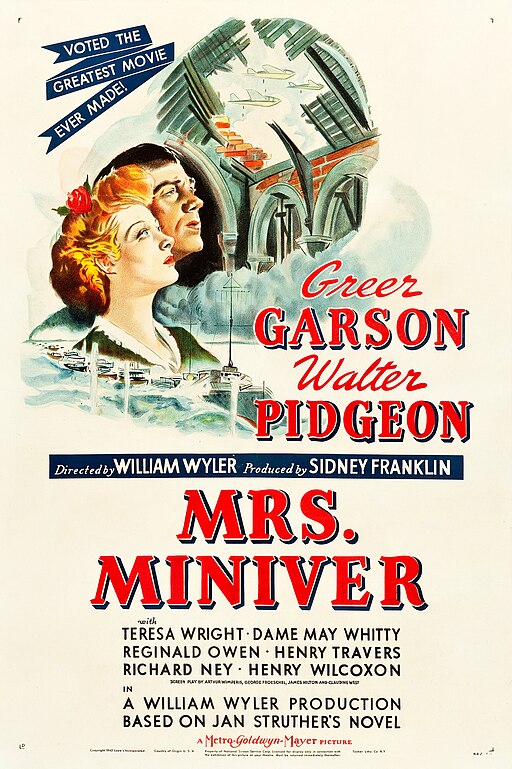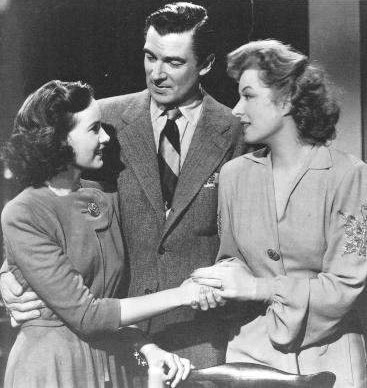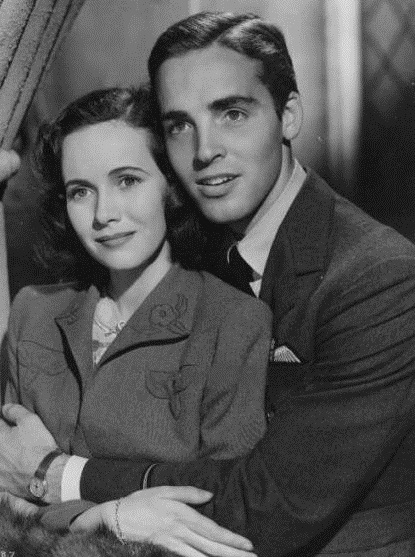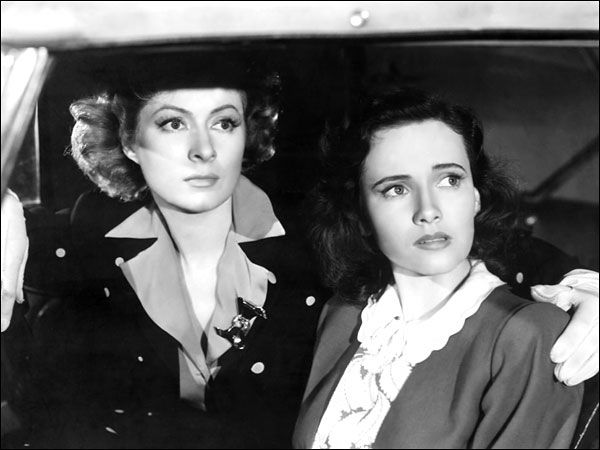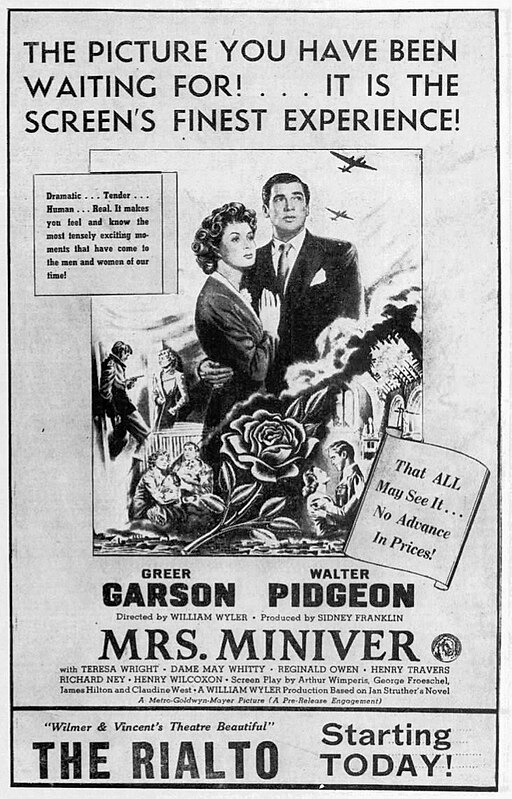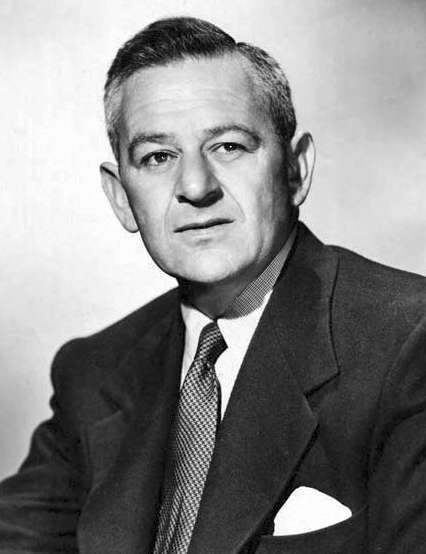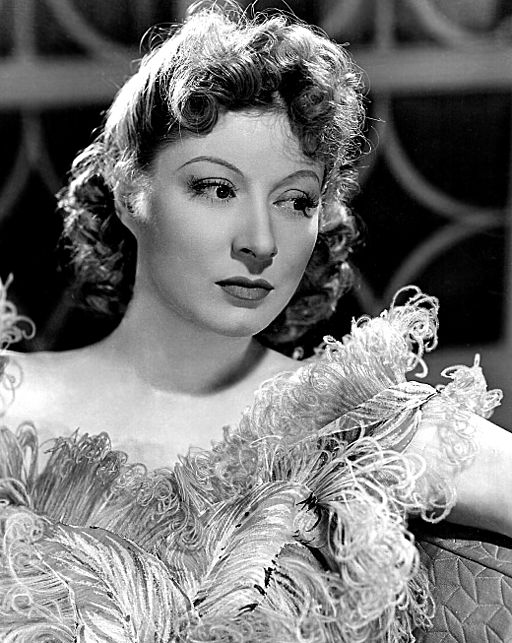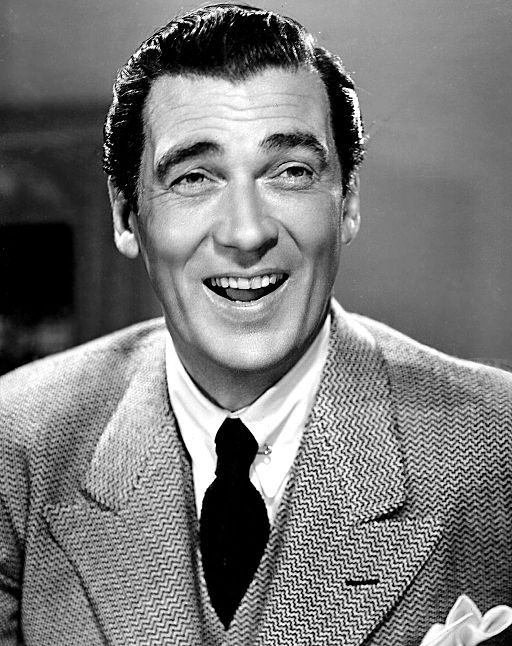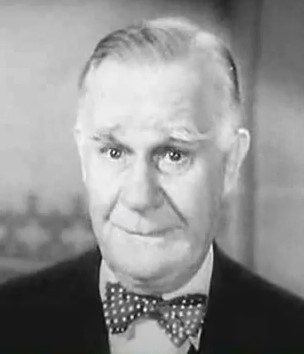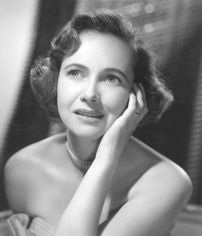Mrs. Miniver - 1942
back| Released by | Metro-Goldwyn-Mayer |
| Director | William Wyler |
| Producer | Sidney Franklin |
| Script | Arthur Wimperis, George Froeschel, James Hilton, and Claudine West, based on the novel |
| Cinematography | Joseph Ruttenberg |
| Music by | Herbert Stothart |
| Running time | 134 minutes |
| Film budget | $ 1,4 million |
| Box office sales | $ 8.8 million |
| Main cast | Greer Garson - Walter Pidgeon - Teresa Wright - May Whitty - Henry Travers - Reginald Owen |
Mrs. Miniver
An Iconic Movie about Strength and Resilience in Dark Times
"Mrs. Miniver" is renowned for its portrayal of the British home front during World War II, emphasizing the impact of the war on everyday life and the strength of the British people.
The film won six Academy Awards, including Best Picture, Best Director (William Wyler), Best Actress (Greer Garson), and Best Supporting Actress (Teresa Wright). It was also notable for its influence on public opinion, particularly in the United States, about the war effort.
Related
Mrs. Miniver – 1942
Summary
"Mrs. Miniver" is set in a small English village during the early days of World War II. The film revolves around the Miniver family, particularly Mrs. Kay Miniver, portrayed by Greer Garson. The family is middle-class, with Mr. Clem Miniver (Walter Pidgeon) working as an architect. The narrative follows their experiences as the war intensifies.
Key plot points include:
- The Miniver Family's Life: Initially, the film portrays the everyday life of the Minivers, depicting a peaceful and somewhat idyllic existence.
- The Outbreak of War: The tranquility is shattered by the outbreak of World War II. The Minivers, like others in their community, are drawn into the conflict.
- Vin and Carol's Relationship: The Minivers' son, Vin (Richard Ney), falls in love with Carol Beldon (Teresa Wright), granddaughter of Lady Beldon (Dame May Whitty). Their relationship unfolds against the backdrop of war.
- Air Raids and Struggles: The village faces air raids and other hardships, showing the toll of war on civilian life.
- Mr. Miniver's Encounter: Mr. Miniver encounters a downed German pilot, highlighting the human face of the enemy.
- The Community's Solidarity: Despite adversity, the village community demonstrates resilience and unity. The annual flower show becomes a symbol of this perseverance.
- Tragic Turn: The film takes a tragic turn with the death of Carol, which profoundly affects the entire village.
Analysis
"Mrs. Miniver" is more than a war film; it's a study of resilience, community spirit, and the human cost of war.
- Portrayal of War: Unlike many war movies focusing on battles and soldiers, "Mrs. Miniver" brings the impact of war to a personal level. It shows how ordinary people are thrust into extraordinary circumstances.
- Characters and Performances: The strength of the film lies in its characters, especially Mrs. Miniver, whose strength and grace under pressure symbolize the fortitude of the British people. Garson's Oscar-winning performance is both powerful and nuanced.
- Symbolism: The film is rich in symbolism. The flower show, for instance, represents normalcy and continuity in the face of chaos. The roses, particularly the one named after Mrs. Miniver, symbolize the resilience and beauty of the human spirit.
- Cinematography and Direction: Joseph Ruttenberg’s cinematography captures the beauty of the English countryside juxtaposed with the horrors of war. Wyler's direction is both sensitive and compelling, effectively conveying the narrative's emotional depth.
- Impact and Legacy: "Mrs. Miniver" played a significant role in shaping American perceptions of the war. It was a tool of propaganda that humanized the conflict and rallied support for the Allied cause.
In conclusion, "Mrs. Miniver" is a timeless film, not only for its historical context but also for its exploration of themes like courage, loss, and community. It remains a poignant reminder of the impact of war on everyday lives, and the indomitable spirit of those who endure.
Trailer Mrs. Miniver:
Full Cast of Mrs. Miniver:
- Greer Garson as Mrs. Miniver
- Walter Pidgeon as Clem Miniver
- Teresa Wright as Carol Beldon
- Dame May Whitty as Lady Beldon
- Reginald Owen as Foley
- Henry Travers as Mr. Ballard
- Richard Ney as Vin Miniver
- Henry Wilcoxon as Vicar
- Christopher Severn as Toby Miniver
- Brenda Forbes as Gladys (the housemaid)
- Clare Sandars as Judy Miniver
- Marie De Becker as Ada (cook)
- Helmut Dantine as German flyer
- John Abbott as Fred
- Connie Leon as Simpson
- Rhys Williams as Horace
- Tom Conway as Mr. Foley
- Billy Bevan as Policeman on Bicycle
- Charles Bennett as Bus Conductor
- Elsa Bassermann as Mrs. Ballard
Analysis of the Direction of William Wyler:
- Humanizing the War Narrative: Wyler's most significant achievement in "Mrs. Miniver" is his ability to bring the grand scale of World War II down to a deeply personal level. He focuses on the impact of the war on a single family and their community, allowing audiences to connect emotionally with the characters' experiences. This approach makes the film's portrayal of wartime struggles and sacrifices more relatable and poignant.
- Character-Driven Storytelling: Wyler's direction is character-centric. He spends time developing each character, allowing the audience to understand their motivations and feel their joys and sorrows. The performances of Greer Garson and Walter Pidgeon, among others, are testament to Wyler’s skill in extracting depth and nuance from his actors.
- Use of Cinematic Techniques: Wyler's use of cinematography, particularly his composition of shots, adds to the narrative's emotional depth. He employs close-ups to capture the characters' internal struggles, while wider shots are used to depict the broader context of the war-torn environment. His attention to detail in each frame helps to create a more immersive and impactful viewing experience.
- Balancing Drama and Symbolism: Throughout the film, Wyler balances dramatic storytelling with potent symbolism. The flower show, for instance, is not just a community event but also a symbol of resilience and the desire for normalcy amidst chaos. Such elements are subtly woven into the narrative, enhancing the film's thematic depth without overpowering the story.
- Pacing and Tension: Wyler's control over the film’s pacing is notable. He skillfully builds tension, particularly in scenes depicting air raids and the encounter with the German pilot. The ebb and flow of the narrative tension reflect the uncertainties and sudden shocks of life during wartime.
- Emotional Impact: The director's ability to evoke a strong emotional response from the audience is a hallmark of his style. "Mrs. Miniver" is filled with moments of warmth, tragedy, and triumph that are skillfully crafted to engage viewers on an emotional level. The film's ending, with its stirring speech and call to perseverance, leaves a lasting impression.
- Influencing Public Opinion: Wyler's direction played a crucial role in the film's effectiveness as wartime propaganda. By portraying the British front with empathy and respect, the film helped bolster American support for the Allied cause during World War II.
Greer Garson’s Performance as Mrs. Miniver:
Greer Garson's performance as Mrs. Miniver in the 1942 film of the same name is a portrayal of remarkable depth and nuance, which stands out as one of the most memorable in cinematic history. Her portrayal of a British middle-class housewife during World War II earned her an Academy Award for Best Actress and is widely regarded as one of her finest roles. Here's a detailed analysis of her performance:
- Emotional Range: Garson displays an incredible range of emotions throughout the film. She captures the essence of a woman who is at once strong and vulnerable, optimistic yet realistic. Her ability to convey deep emotions — from the joy in simple family moments to the anguish of wartime losses — is a testament to her skill as an actress. Her facial expressions, in particular, communicate volumes, often without the need for dialogue.
- Subtlety and Realism: One of Garson's strengths in this role is her subtlety. She portrays Mrs. Miniver's strength and resilience in a very understated way, avoiding melodrama. Her performance feels authentic and relatable, making her character a symbol of the everyday heroism of civilians during the war.
- Chemistry with Co-stars: Garson's interactions with other characters, particularly Walter Pidgeon as her husband and Teresa Wright as her daughter-in-law, are portrayed with a genuine warmth and chemistry. These relationships are central to the film, and Garson's ability to create a believable and endearing family dynamic is crucial to its emotional impact.
- Dignity and Grace: Throughout the film, Garson maintains a sense of dignity and grace that becomes synonymous with her character. Even in moments of despair or fear, her portrayal of Mrs. Miniver is never without a sense of poise and inner strength. This characteristic becomes a source of inspiration and admiration for both the characters in the film and the audience.
- Symbolism of the Character: Garson’s Mrs. Miniver transcends the individual story and becomes a symbol of British resilience and the war effort. Her performance elevates the character to represent the fortitude and endurance of the British people during a time of crisis. This symbolic weight adds a layer of significance to her role.
- Impactful Scenes: Certain scenes stand out for Garson's powerful acting. For example, her confrontation with the downed German pilot showcases a complex mix of fear, moral conviction, and humanity. Similarly, her reaction to personal tragedies conveys profound grief without resorting to over-dramatization.
- Narrative Voice: Garson's role is not just central to the action; she also serves as the film's moral and narrative voice. Through her eyes, the audience experiences the war's impact on the British home front. Her performance is integral to conveying the film's messages about war, family, and resilience.
In summary, Greer Garson's portrayal of Mrs. Miniver is a masterclass in acting. Her ability to convey deep emotional complexity, combined with her portrayal of quiet strength and dignity, creates a character that is both profoundly human and symbolically powerful.
Notable Lines from the Movie:
- Mrs. Miniver's Speech to Carol: "We must be very British about it. That's about all the contribution we can make. So, we must just keep on being mothers and wives, as good as we can, and soldiers will want to fight for us. So, you see, we'll be fighting, too."
- Vicar's Sermon: "This is the people's war! It is our war! We are the fighters. Fight it then! Fight it with all that is in us, and may God defend the right!"
- Lady Beldon to Mrs. Miniver: "You have a genius for being loved, my dear."
- Mrs. Miniver's Comment on the Rose: "It was named for a quiet, courageous woman who is very dear to us all. It seems to me, somehow, very typical of this country. Modest, unspectacular, but very, very gallant."
- Mr. Ballard Speaking of His Rose: "She'll win in London and wherever she's shown. And even if she doesn't, it doesn't matter. Because she'll always be the most beautiful rose in the world."
- Mr. Miniver to Mrs. Miniver: "Did you ever have a moment's doubt about your garden, about your house, about anything? When you knew it couldn't last because war was coming?"
- Clem Miniver to His Family: "We've been taught a lesson - a lesson we had to learn again - that freedom isn't a gift. It has to be earned and fought for."
Awards and Recognition:
"Mrs. Miniver" was highly acclaimed upon its release and garnered numerous awards and nominations, particularly at the 15th Academy Awards. Here is a complete overview of its major accolades:
Academy Awards (1943)
Won:
- Best Picture
- Best Director - William Wyler
- Best Actress - Greer Garson
- Best Supporting Actress - Teresa Wright
- Best Screenplay - Arthur Wimperis, George Froeschel, James Hilton, and Claudine West
- Best Cinematography, Black-and-White - Joseph Ruttenberg
Nominated:
- Best Actor - Walter Pidgeon
- Best Supporting Actor - Henry Travers
- Best Supporting Actress - Dame May Whitty
- Best Film Editing - Harold F. Kress
- Best Sound Recording - Douglas Shearer
- Best Special Effects - A. Arnold Gillespie, Warren Newcombe, and Douglas Shearer
Other Awards and Honors
- New York Film Critics Circle Awards: "Mrs. Miniver" won the award for Best Director (William Wyler).
- Photoplay Awards: The movie won the Gold Medal Award.
The film's critical and commercial success, along with its considerable impact during the wartime period, was reflected in these awards and nominations. "Mrs. Miniver" not only excelled as a work of art but also served as a significant morale booster during World War II, making its achievements in the film industry even more noteworthy.

